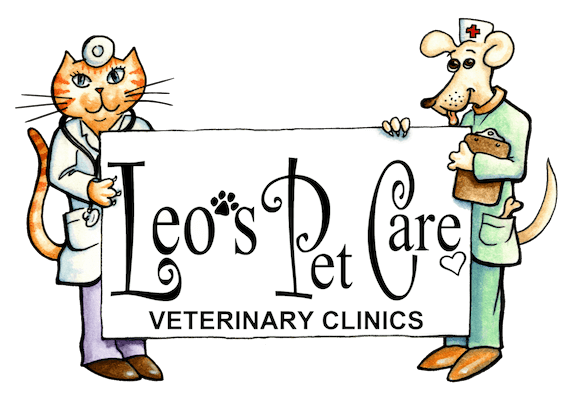Vaccinating your dog is crucial for protecting them against potentially life-threatening diseases that can cause severe illness and distress. Many canine diseases are highly contagious and can spread quickly among unvaccinated pets, making vaccination an essential part of responsible pet ownership. By keeping your dog up-to-date on their vaccines, you're not only safeguarding their individual health but also contributing to the overall well-being of the canine community in Carmel, Indiana. Moreover, some vaccines, like rabies, are required by law, ensuring both pet and public safety.
%20(1)b%20(1)%20(1).png)



